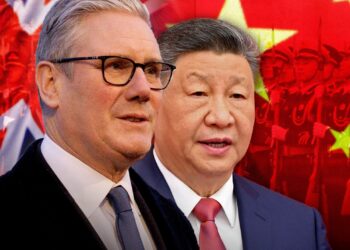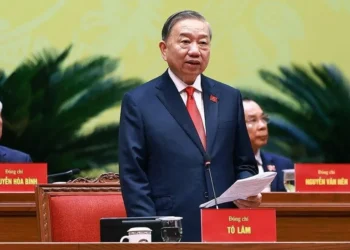NEW YORK (Realist English). Newly nominated Democratic mayoral candidate Zohran Mamdani ignited controversy last week after telling NBC News he believes there should be no billionaires. “I don’t think we should have billionaires,” Mamdani said, framing extreme wealth as inherently unjust in a time of deepening inequality.
A self-described democratic socialist and political ally of Bernie Sanders, Mamdani has positioned his campaign against what he sees as an economy that rewards excess at the expense of the many. Yet critics — including economists, tech entrepreneurs and business leaders — argue that his stance misrepresents how wealth is created in a market economy and could undermine incentives that drive innovation and prosperity.
Mamdani’s view implies a zero-sum logic: if one person gains, others must lose. But Nobel laureate William Nordhaus challenged this idea with empirical data. In a widely cited study, he found that innovators retain just 2.2% of the total value generated by their inventions. By this measure, Jeff Bezos may have created as much as $11 trillion in broader economic value — through lower prices, better logistics, and consumer convenience — while retaining only a small fraction for himself.
Figures like Bill Gates, Michael Dell, Larry Page and Sergey Brin have likewise driven large-scale productivity gains across the economy. Their technologies have empowered workers, reshaped industries and expanded access to information and tools — much of it at no direct cost to users. Philanthropic giving aside, their influence on everyday life is quantifiable and, in many cases, transformative.
The broader implication is that wealth concentration, while controversial, often reflects individual contributions, not systemic exploitation. Research shows that 70% of the wealthiest 400 Americans are self-made, with no inherited fortunes — evidence that upward mobility remains possible under democratic capitalism.
While Mamdani’s stance echoes rhetoric from the populist left, calls to curtail billionaire wealth have also emerged from nationalist voices on the right. In 2023, Steve Bannon urged a steep wealth tax to enforce loyalty to then-President Donald Trump. Both camps, critics say, risk politicizing wealth rather than fostering policy that rewards innovation while ensuring fairness.
Ultimately, the debate taps into a deeper question: is democratic capitalism delivering on its promise of opportunity and just reward? For its defenders, the answer remains yes — albeit imperfectly.
Mamdani may soon face the realities of executive governance if elected in November. And if past mayors are any guide, he may discover that thriving cities need thriving capital — and those willing to invest it.
Спросить ChatGPT

















